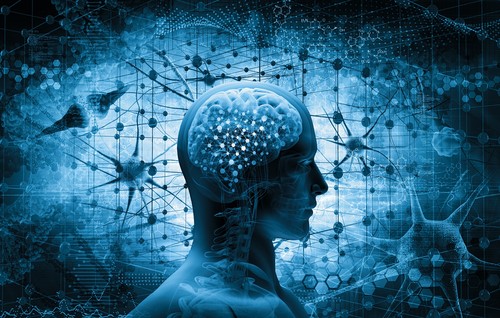Popular Reads
Top Results
Can't find what you're looking for?
View all search resultsPopular Reads
Top Results
Can't find what you're looking for?
View all search resultsHow artifical intelligence helps fight neurological disorders
Change text size
Gift Premium Articles
to Anyone
T
he studies of artificial intelligence (AI) have had a recent breakthrough in the news with Elon Musk’s Neuralink. His company has shown potential with its AI-based device to cure mental and neurological disorders such as schizophrenia, autism, Parkinson’s and Alzheimer’s.
The technology is currently undergoing in vivo testing with nonhuman primates.
The achievement was facilitated by advancements in data science, big data, nanotechnology and biotechnology.
To explain the technology rigorously, Musk posted his preprint manuscript on Biorxiv, with the title of “An integrated brain-machine interface platform with thousands of channels” on the topic of brain-machine interface (BMI).
The device, already tested on rodents, claimed much better biocompatibility, customization and miniaturization than any previous BMI implementations. That finding has been clarified in Musk’s recent podcast with Lex Friedman. This recent advancement opens a new debate about the ethics of the use of BMI technology on humans.
AI, in its simple definition, is human intelligence as manifested by machines. There are two types of AI. On one hand, general AI has the capability to imitate all facets of human senses and behavior.
Science-fiction movies such as Terminator and Star Wars show AI acting just like humans, whether friends or foes. But we are not there yet, and this kind of model sparked controversy in a recent United Nations discussion panel on “killer robots”.


















